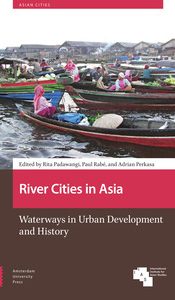Technicians of Human Dignity by Gaymon Bennett is a thought-provoking book that explores the concept of human dignity and its implications on religious, political, and bioethical institutions.
Recommended for: Scholars, researchers, and students in the fields of anthropology, theology, bioethics, and human rights.
You will:
- Engage with a critical analysis of the concept of human dignity and its evolution over the last half century
- Explore how human dignity has become a central concern in various institutions, including the Vatican, the United Nations, and U.S. Federal Bioethics
- Delve into the challenges of defining and implementing human dignity in practice, despite its widespread adoption as a core value
- Examine the tensions between human dignity and biopolitics, particularly in the context of bioethics and human rights
- Discover how the book’s author, Gaymon Bennett, grapples with the complexities of human dignity and its implications for our understanding of life, power, and governance
- Gain insight into the ways in which human dignity has become a contested concept, with different institutions and actors offering competing interpretations and applications
- Learn about the author’s methodology, which combines anthropology, theology, and bioethics to provide a comprehensive understanding of human dignity and its significance in contemporary society.
Citation and Licensing
Gaymon Bennett. Fordham University Press. (2015). Technicians of Human Dignity. https://muse.jhu.edu/book/42424
This ebook is published under a Creative Commons Attribution-NonCommercial-NoDerivatives 4.0 International (CC BY-NC-ND 4.0). The full licence terms are available at https://creativecommons.org/licenses/by-nc-nd/4.0/







